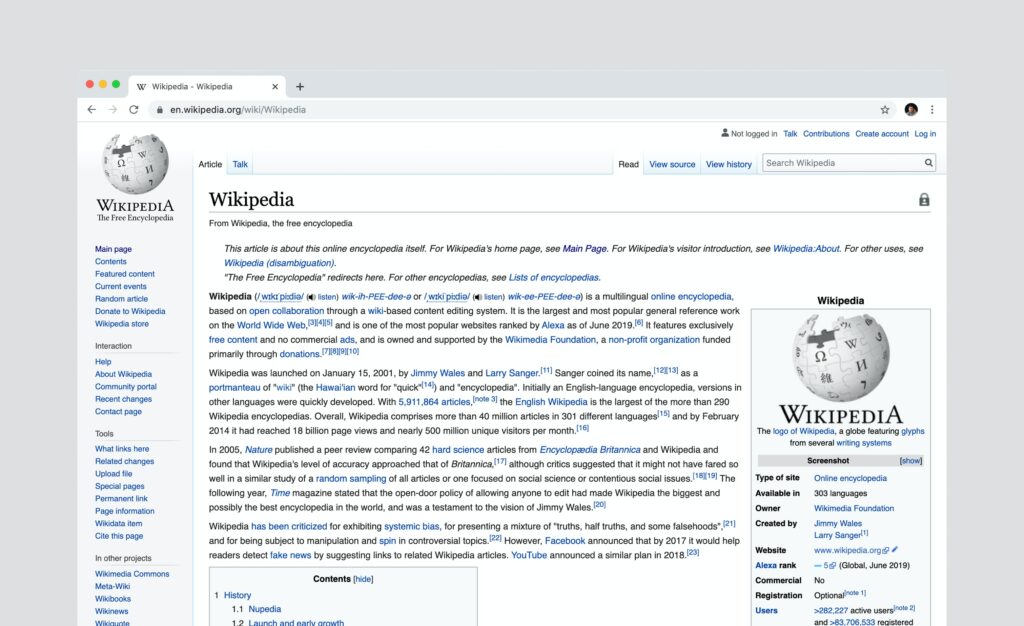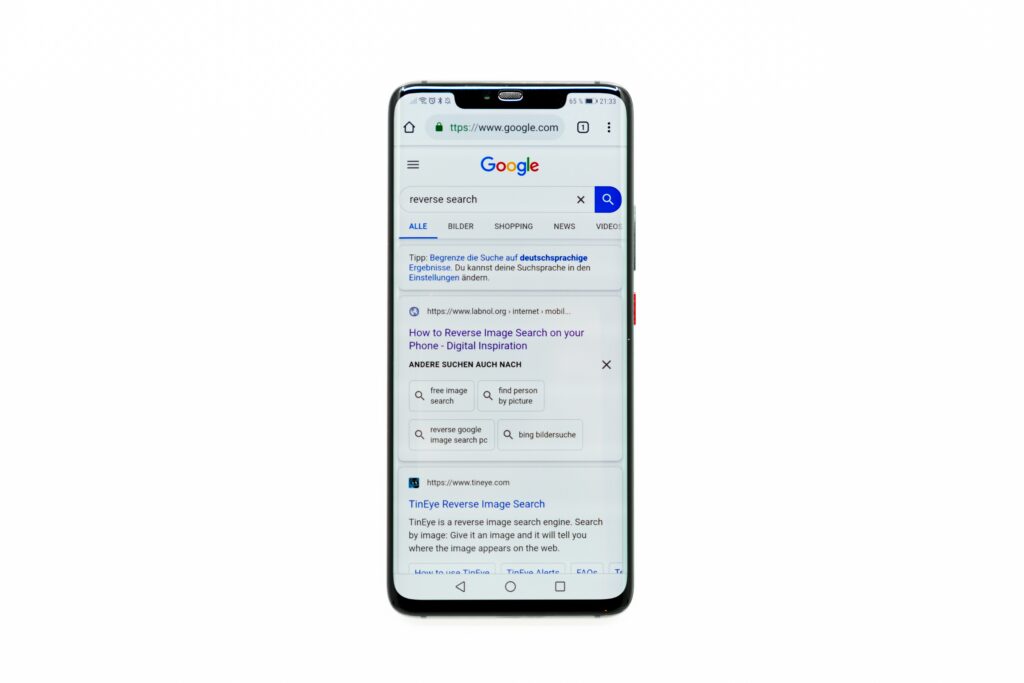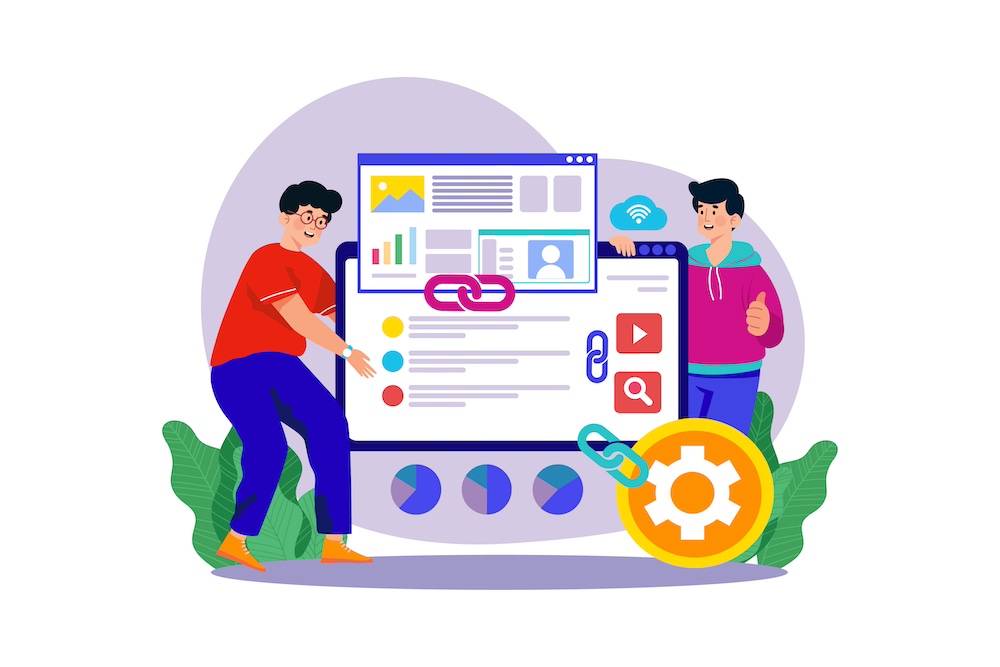A website that’s SEO-friendly has a better chance of ranking on search engines, attracting visitors and ultimately scoring conversions.
There’s so much to get to grips with when creating or improving an SEO strategy. To make things easier to understand, SEO can be split into three core strands including on-page, off-page and technical SEO.
Today’s topic of internal linking falls under on-page SEO, as links are an aspect of content found directly on your web pages.
To the untrained eye, a link on a page is just a … link on a page. But internal links are much more than this, especially when used correctly and to their potential.
As SEO specialists here at Imaginaire, we can help you with all aspects of search engine optimisation. But in today’s blog, let’s get to grips with internal links, along with why they matter so much.

What is internal linking?
Internal linking is the act of placing a link in your website or blog which links elsewhere to your website.
So for instance, if you want to read more articles about SEO on the Imaginaire website we could send you over to the SEO section of our blog.
As a side note, while it’s common to use words such as ‘click here’ for internal links, this isn’t that great for SEO. That’s because by using related words to the content you are linking to, this is known as anchor text. In short, anchor text describes for Google and users alike what to expect if clicking the link.
How are internal links different to external links?
Internal links send users to another part of your website. In contrast, external links send users to another URL.
It’s fine to include a mixture of internal and external links in a piece of content. However, it’s a good idea to have any external links open in a new tab so that you don’t instantly lose web traffic if someone clicks an external link.
For example, if we link you to the Imaginaire Instagram page, this will open up in a new tab.

Why are internal links important?
Internal links give you a golden opportunity to lead users to other parts of your website. So instead of their journey coming to an abrupt end on that page – internal links lead users to the next logical step.
For instance, a page which explains more information, or even a page where they can purchase a particular product.
Since this creates a helpful experience for users, Google also appreciates the use of internal links. Overall, Google can best understand your site structure when internal links are used.
Internal links can also be used to add more context to a topic. For instance, if not including internal links is considered an SEO mistake, then you might also be interested to learn about 10 other common SEO mistakes.
Internal links best practices
Use relevant anchor text – as noted above, keyword rich anchor text helps explain the context of the link. Anchor text is always preferred over generic phrases such as ‘click here’ or ‘read more’.
Don’t link to the same content more than once on a page – doing so waters down the link value and can be seen as spammy by Google.
Don’t use too many internal links on a page – while there’s no fixed number of internal links that should be used, it’s generally recommended to add one internal link per 200 words. Also, adding too many internal links (especially too close together) can impede content readability.
Perform site audits regularly – this will allow you to detect broken links, which will need to be fixed to avoid users being shown 404 page errors.
Consider user experience – sure internal links encourage users to stay on your website for longer. That said, if you send users to a redundant page (thin or outdated content) or simply irrelevant content, then they’ll soon leave your website. Therefore, the internal link you use should offer genuine benefit in terms of linking to a relevant page.

Imaginaire – SEO Agency Dubai
Does your page and blog content make excellent use of internal links?
Whether you’re still building your website, or if you want to improve its existing performance, SEO from Imaginaire is here to help your business succeed online.
Imaginaire is based in Dubai, and we work with businesses from across the UK. Alongside SEO, we can offer your business a full suite of services from web design to PPC campaign management.
Let us know about your SEO needs or anything else we can help you with by dropping us a message. You can also give us a call on 0115 697 1541.


